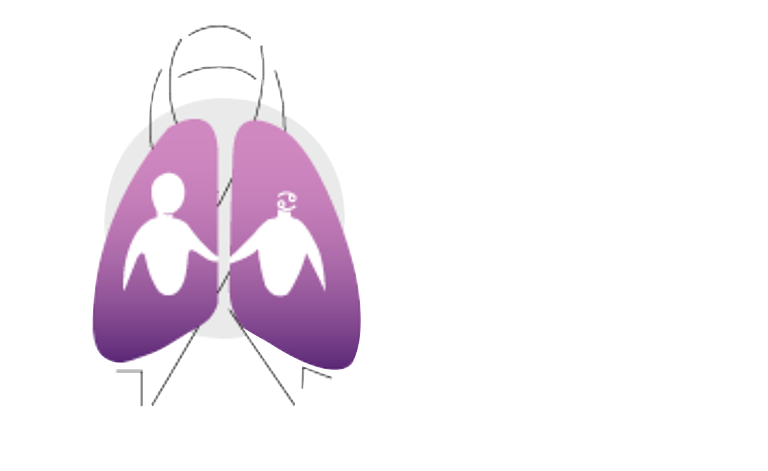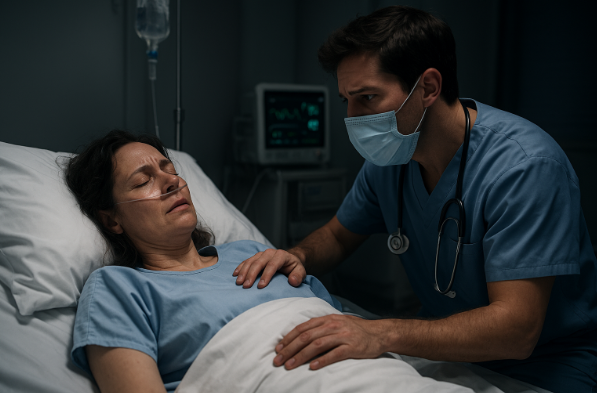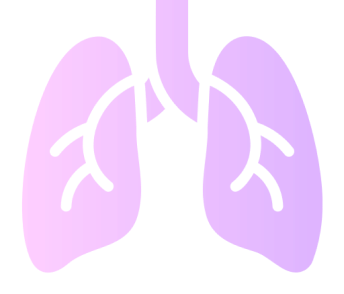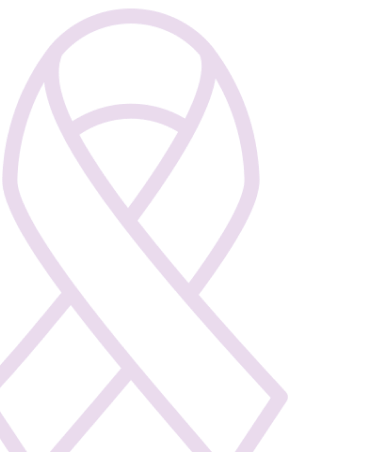Author- Ms Vandana Mahajan, Lead Counsellor, Lung Connect India Foundation
I am angry. Deeply, helplessly angry.
Last week, I spoke to two young people — both just 24 years old. Bright minds. Brilliant students. Dreams in their eyes, energy in their steps. The kind of youth that gives you hopes for the future.
Today, both have been diagnosed with Stage 4 Non-Small Cell Lung Cancer (NSCLC).
Both are non-smokers.
Both are fighting not just the disease, but the system that failed them.
Here’s what their journey looked like:
1. A cough that wouldn’t go away.
2. The GP treated it as allergy, then infection.
3. Persistent cough, shortness of breath, and weight loss.
4. Initial diagnosis: Tuberculosis (TB).
5. 3 months of TB treatment — no improvement.
6. New diagnosis: Fungal infection (for one of them) followed up with anti-fungal treatment
7. Eventually, a pleural tap.
8. Result: Malignancy confirmed.
9. Final diagnosis: Stage 4 NSCLC.
10. Six months lost.
They visited both local clinics and well-known private hospitals. Yet, no one thought to look beyond the obvious.
Because they were young.
Because they were non-smokers.
Because “it can’t be cancer.”
And that mind-set cost them the most precious resource — time.
This is not just a medical error. It’s a systemic failure.
We live in a country where tuberculosis is common — and yes, doctors are conditioned to think “TB first.”
But when a cough doesn’t settle, when weight loss continues, when breathlessness worsens — why is cancer not even considered?
We need to ask:
• Why are chest CT scans not done earlier in persistent coughs?
• Why is empirical TB treatment started without confirmation?
• Why do we dismiss young, non-smoking patients as “too healthy” to have lung cancer?
These questions are not about blame — they’re about accountability.
Because early diagnosis isn’t a privilege.
It’s a right.
To every healthcare leader, policymaker, and clinician reading this:
Please, let’s talk about this.
Let’s update our protocols.
Let’s challenge our biases.
Let’s save lives — not just treat symptoms.
No one should lose their right to live because of assumptions.



